A common statement regarding heroin addiction is that “just one use” is enough to make someone an addict. In reality, no one is an addict in an instant. The recipe for addiction is consistency over time. A heroin addict is, by necessity, someone who continues to take heroin even knowing the risks to their health is dire. From 2019-2020, approximately 13,000 Americans died of a heroin overdose—something exponentially more likely with every smoke, snort, or injection.
Heroin is an exceedingly complex drug to stop using once you’ve started. The same tactics that are meant to dissuade people from using, unfortunately, are what keep many who have already started from seeking treatment. Being told “just one and you’re done” can make it feel like the odds of recovery are insurmountable. They are not. At California Centers for Recovery, we are committed to providing a holistic heroin detox program that addresses every facet of our patient’s needs. Call us at 877.328.5682 today to learn about our approach and unique accommodations.
How Does Addiction Work?
So, exactly how addictive is heroin? Understanding how addiction works at a basic level is essential before trying to quantify it. Two factors impact how addictive a substance is. First, how severely does it disrupt the body’s normal chemical balance? An addictive drug will supplant itself into your body’s regular functionality, usually by providing the brain with extreme levels of dopamine.
The second is how strong the consequences of failing to use again are. Either by making it harder for your body to naturally compensate for the chemical deficit left behind or causing a wide array of unpleasant side effects, the withdrawal period of any drug makes relapsing a very tempting option. These two work in conjunction to solidify your body’s reliance on regular drug use.
Some of the heroin withdrawal symptoms include:
- Nausea
- Muscle aches
- Extreme perspiration
- Poor or irregular breathing
- Seizures
- Stroke
- Coma
- Death
If you or a loved one is experiencing these symptoms of heroin addiction, the professionals at California Centers for Recovery can help.
What the Experts Say About Heroin Abuse
The U.S. Drug Enforcement Agency uses a system that divides drugs into categories called “schedules.” This system helps determine legal action for distributing drugs by measuring how addictive they can be and how medical professionals may use them. However, it can also give us an idea of how addictive heroin is compared to other commonly abused substances. The list is ordered from Schedules I-V, I being the most easily abused and least medically advantageous, and V being often prescribed with little risk involved.
Heroin sits at the top of Schedule I, having the highest grade of abuse potential, alongside other drugs like LSD and ecstasy. How addictive is heroin? According to the experts, extremely. Except, that’s probably not a satisfactory answer for everyone. Specifically, it is not for people who either know or are themselves struggling with heroin addiction and want to assess how or if they can overcome it themselves.
California Centers for Recovery’s Approach to Heroin Detox
The truth is, recovering from heroin abuse is not easy. Compared to most highly abused substances, climbing back to sobriety after a period of heroin use entails some of the worst withdrawal effects. In contrast, persisting use will cause the chances of dying to soar. While the safest, most risk-avoidant thing is never to get involved with heroin in the first place, we understand that isn’t an option afforded to everybody.
At California Centers for Recovery, we carefully select intervention and treatment techniques designed to suit each patient’s needs. Our goal is to minimize the severity and duration of heroin withdrawal and make recovery as safe as possible. Call 877.328.5682 or contact us online today and learn about our South Bay Area detox center and all the accommodations we provide.











